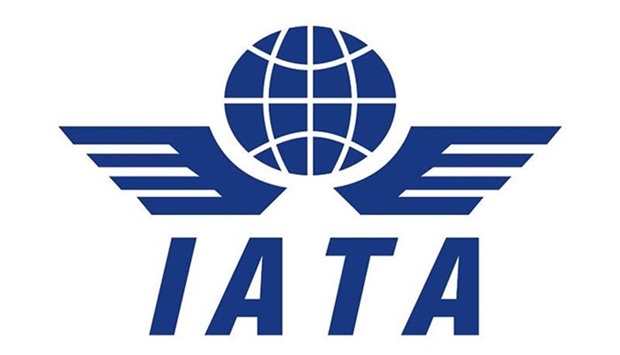Global body of airlines – International Air Transport Association downgraded its traffic forecast for 2020 to reflect a weaker-than-expected recovery, as evidenced by a dismal end to the summer travel season in the Northern Hemisphere.
IATA now expects full-year 2020 traffic to be down 66% compared to 2019. The previous estimate was for a 63% decline.
August passenger demand continued to be hugely depressed against normal levels, with revenue passenger kilometres (RPKs) down 75.3% compared to August 2019. This was only slightly improved compared to the 79.5% annual contraction in July. Domestic markets continued to outperform international markets in terms of recovery, although most remained substantially down on a year ago.
August capacity (available seat kilometres or ASKs) was down 63.8% compared to a year ago, and load factor plunged 27.2 points to an all-time low for August of 58.5%. Based on flight data, IATA noted the recovery in air passenger services was brought to a halt in mid-August by a return of government restrictions in the face of new Covid-19 outbreaks in a number of key markets.
Forward bookings for air travel in the fourth quarter show that the recovery since the April low point will continue to falter. Whereas the decline in year-on-year growth of global RPKs was expected to have moderated to -55% by December, a much slower improvement is now expected with the month of December forecast to be down 68% on a year ago.
“August’s disastrous traffic performance puts a cap on the industry’s worst-ever summer season. International demand recovery is virtually non-existent and domestic markets in Australia and Japan actually regressed in the face of new outbreaks and travel restrictions. A few months ago, we thought that a full-year fall in demand of -63% compared to 2019 was as bad as it could get. With the dismal peak summer travel period behind us, we have revised our expectations downward to -66%,” noted Alexandre de Juniac, IATA’s Director General and CEO.
August international passenger demand plummeted 88.3% compared to August 2019, mildly improved over the 91.8% decline recorded in July. Capacity sagged 79.5%, and load factor fell 37.0 percentage points to 48.7%.
Domestic traffic fell 50.9% in August. This was a mild improvement compared to a 56.9% decline in July. Domestic capacity fell 34.5% and load factor dropped 21.5 percentage points to 64.2%.
“Traditionally, cash generated during the busy summer season in the Northern Hemisphere provides airlines with a cushion during the lean autumn and winter seasons. This year, airlines have no such protection. Absent additional government relief measures and a reopening of borders, hundreds of thousands of airline jobs will disappear. But it is not just airlines and airline jobs at risk. Globally tens of millions of jobs depend on aviation. If borders don’t reopen the livelihoods of these people will be at grave risk. We need an internationally agreed regime of pre-departure Covid-19 testing to give governments the confidence to reopen borders, and passengers the confidence to travel by air again,” said de Juniac.


